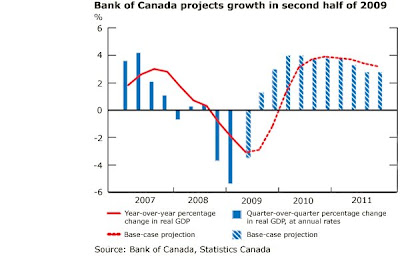Shipping industry crashes into the rocks
+article-1076675-0213940F000005DC-719_468x546.jpg)
(source: Image by AFP/Getty Images. Pictured: The cargo ship smashed to pieces just minutes after 31-strong crew were plucked to safety , By Daily Mail Reporter. Last updated at 9:36 AM on 12th October 2008) One of the most volatile industries out there is the shipping industry. The transportation companies, in particular, are very volatile and only a few brave souls will ever invest in them. The stock price charts are volatile enough to scare off most investors. Given the collapse in world trade, it shouldn't be surprising how badly the industry has been hit. The Economist has a story updating us on the present state of affairs: World trade in general remains in its worst slump for generations, although it too is no longer falling. Two of the biggest shipping banks (RBS and HBOS) are in state-backed rehab. The parlous state of the world economy could mean more shipping companies following Eastwind Maritime, which went bankrupt in June. On July 28th Hapag-Lloyd, Germany’s largest
.png)
.gif)
+080512_r17386_p465.jpg)
.png)


